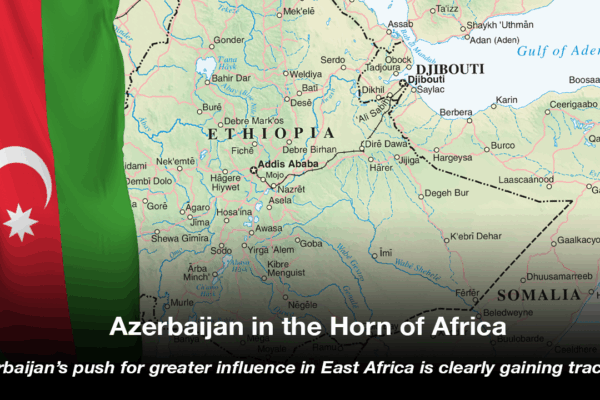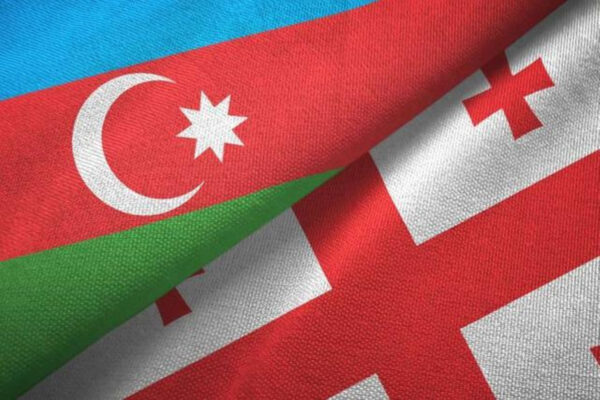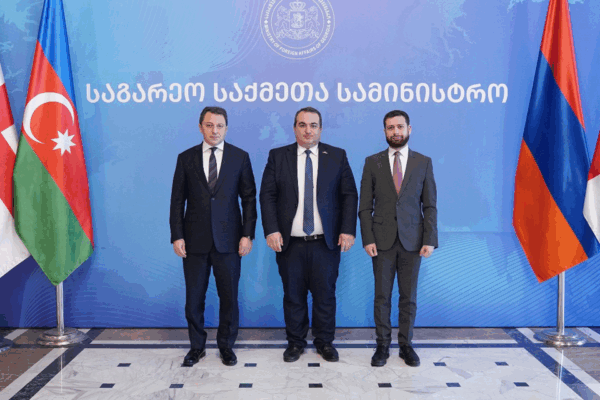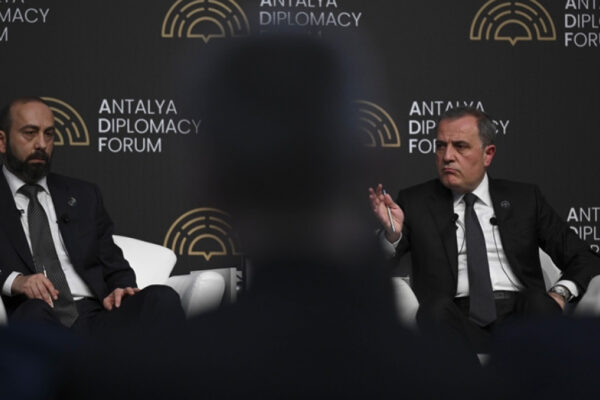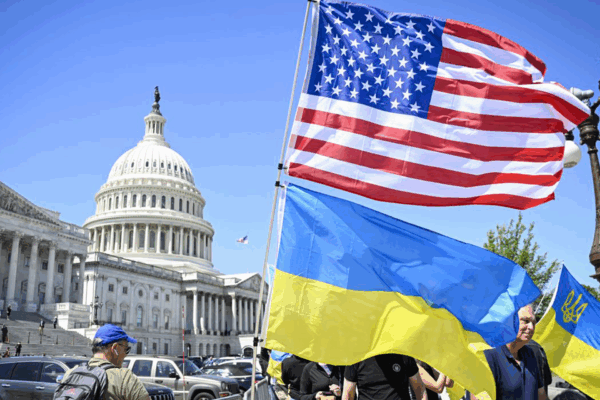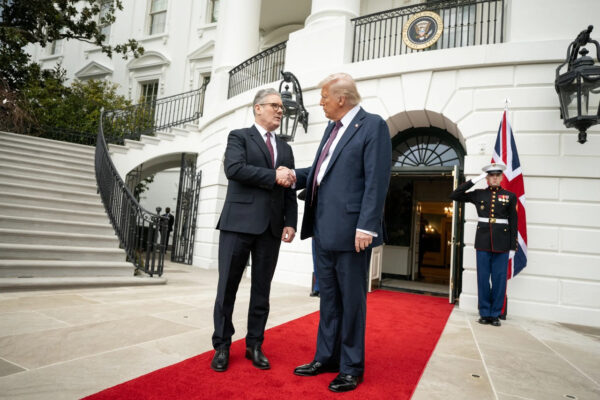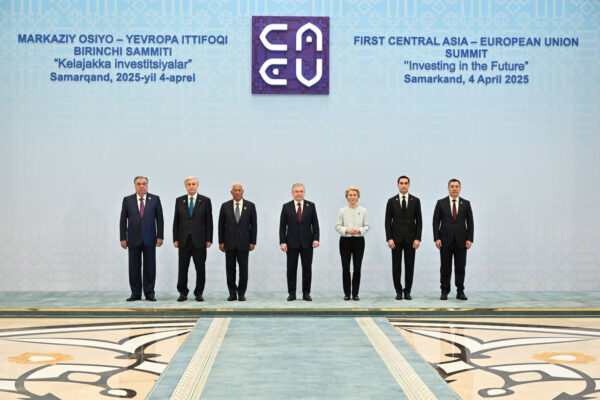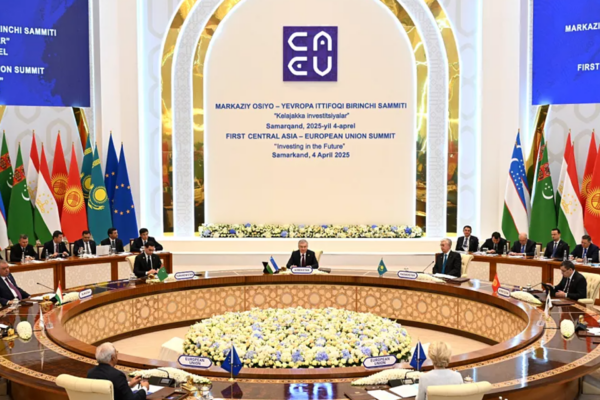
Azerbaijan’s Foreign Policy Amid Regional Geopolitical Reshuffling: Disconnection with the West?
Introduction Eurasia is passing through a remarkably transformative period against the background of intensifying geopolitical confrontation between the major powers. The South Caucasus is not an exception. The present geopolitical dynamics and power balance in this region are today rather different from those that existed just a couple of years ago. These developments shape the…

